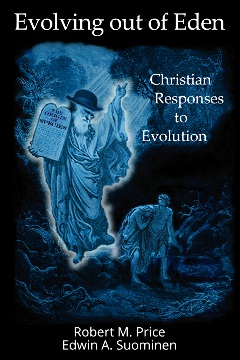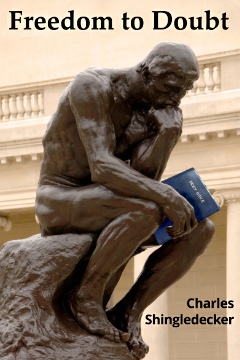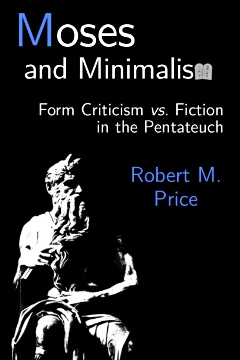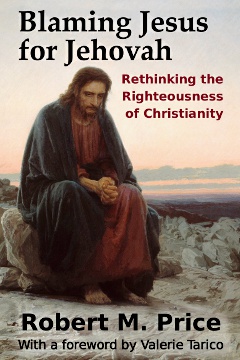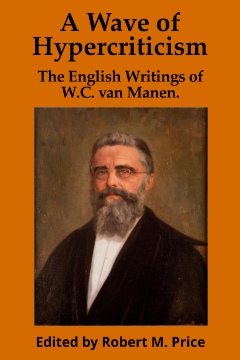Abraham’s Excellent Adventure
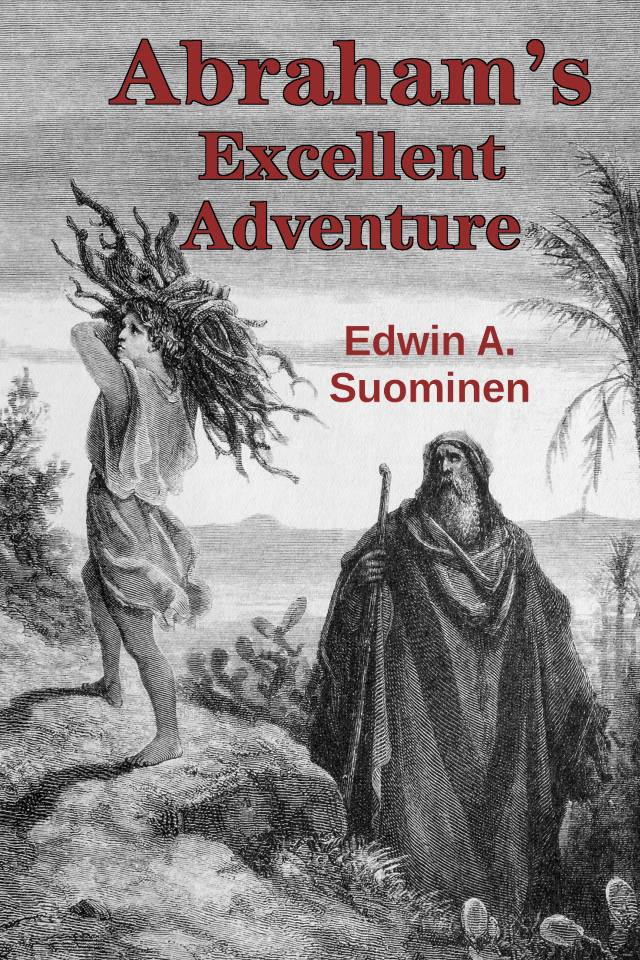
The noises were starting again, growling and coughing in the darkness. Panic crawled up Abraham’s arms and shook the calm of the cool desert night loose from his mind. He jerked his head, instinctively, to spot the source of the deep breathing, impossibly loud and menacing, the low voice that rumbled accusations and threats. But he knew nothing would appear, even if there’d been any light beyond the dying fire’s last shadows.
He had never found a body behind this voice. He turned his head again, pointing his nose toward the chorus from an unseen pack of jackals that howled over a kill somewhere in the hills, balancing the sound between his ears. The voice was different, not much louder but coming from all around him, everywhere yet nowhere, taunting him just the same no matter where he turned.
Unclean. Faithless. Weakling. The angry words echoed and slurred, as that monstrous breathing came and went, thumping with the racing of his heart.
So begins Abraham’s Excellent Adventure, a short story written by Ed Suominen. Abraham, as we all remember from the Bible tale, had been told by God–or what he thinks is the voice of God–to sacrifice his only son. He ventures into the desert to carry out the awful deed, and is stopped by an Angel.
But, in Ed’s retelling, things turn out to be quite a bit different from what they seem. Will we ever look at the biblical Abraham in quite the same way again?
The audio version (authorized though not produced or sold by Tellectual Press) is from Seth Andrews’ expert reading on the June 23, 2015 episode of his The Thinking Atheist podcast. The Kindle version (a small ebook with a small price, $0.99) includes a transcript of an interview Seth did with Ed after the reading.
Reviews
“Absolutely brilliant,” says a listener in a comment on Seth’s podcast page. Another listener says, “Very well done. I have often thought that something similar happened, if it happened at all. Religiosity combined with mental illness. That would be the most logical explanation. But more logical is that it was just a story made up during an uneducated, misguided time.”
On the Amazon page, L.C. Miller says, “The enhancement of the original biblical telling is deft and engrossing; the twist worthy of Rod Serling, himself, as well as appropriately thought-provoking.”



